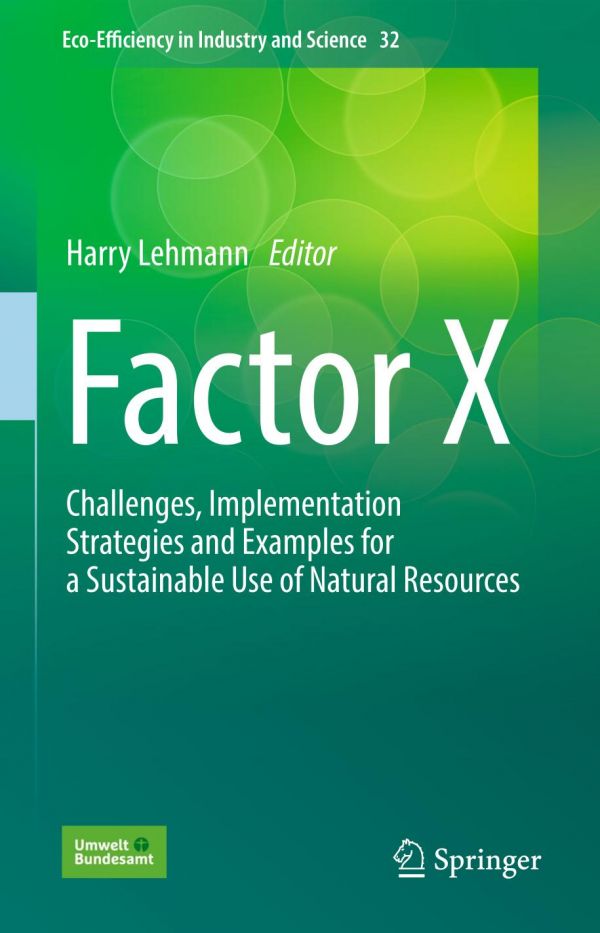

Most ebook files are in PDF format, so you can easily read them using various software such as Foxit Reader or directly on the Google Chrome browser.
Some ebook files are released by publishers in other formats such as .awz, .mobi, .epub, .fb2, etc. You may need to install specific software to read these formats on mobile/PC, such as Calibre.
Please read the tutorial at this link: https://ebookbell.com/faq
We offer FREE conversion to the popular formats you request; however, this may take some time. Therefore, right after payment, please email us, and we will try to provide the service as quickly as possible.
For some exceptional file formats or broken links (if any), please refrain from opening any disputes. Instead, email us first, and we will try to assist within a maximum of 6 hours.
EbookBell Team

4.4
102 reviewsThis book describes and analyses necessities for a more resource-efficient world. It discusses solutions for a more sustainable use of natural resources, addressing decision-makers and experts from the fields of policy development, industry, academia, civil society, and the media. The book presents strategies, concrete ways and examples of achieving more sustainable resource use in practice.
Following on from two previous titles published on Factor X by the Umweltbundesamt (German Environment Agency), entitled “Factor X: Policy, Strategies and Instruments for a Sustainable Resource Use” (2013) and “Factor X: Re-source – Designing the Recycling Society” (2014), this book further investigates how savings in natural resources and resource efficiency improvements could be achieved, focusing on good practice examples that cover different resource categories, pursue different efficiency strategies and come from different sectors, e.g. innovative products or services, technology, man
agement approaches, systemic approaches, etc.The background against which this work is done has a highly comprehensive span, from the first Declaration of the Factor X Club in the nineties, to the European Commission’s Roadmap to a Resource Efficient Europe that was published in September 2011, through to the German Federal government’s German Resource Efficiency Programme (ProgRess I and II) in 2012 and 2016, the G7 Alliance for Resource Efficiency, and most recently the development and implementation of the Sustainable Development Goals (SDG).